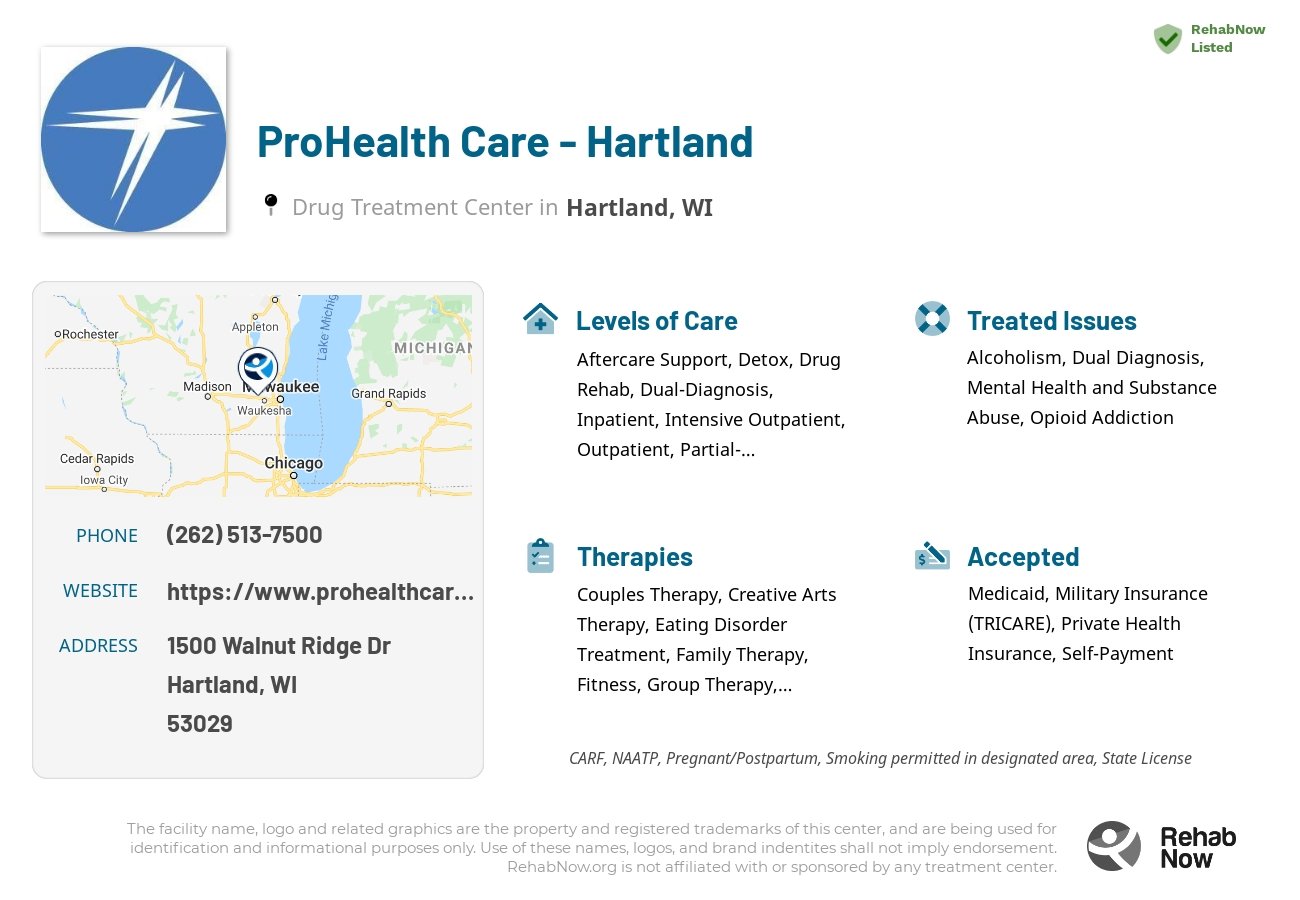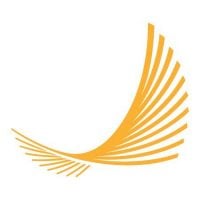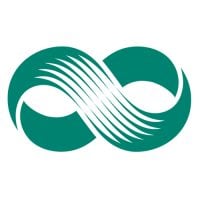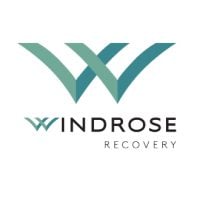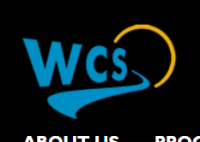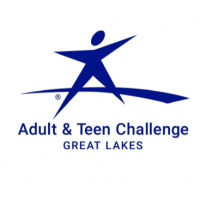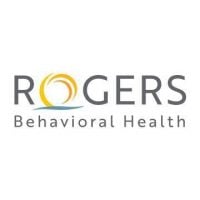ProHealth Care - Hartland
Drug Rehab Center in Hartland, Wisconsin
ProHealth Care - Hartland is an experienced, comprehensive healthcare center in Wisconsin offering tailored levels of care for addiction, dual diagnosis, opioid addiction, eating disorders and drug addiction with a variety of therapeutic modalities.
About ProHealth Care - Hartland in Wisconsin
ProHealth Care - Hartland is a treatment facility located in Hartland, Wisconsin that specializes in providing support and treatment for individuals struggling with alcoholism, dual diagnosis, opioid addiction, eating disorders, drug addiction, mental health issues, and substance abuse. They offer a range of levels of care including aftercare support, detox, drug rehab, dual-diagnosis treatment, inpatient programs, intensive outpatient programs, outpatient services, and partial-hospitalization programs. This facility is affiliated with ProHealth Care and accepts private health insurance, making their services accessible to a wide range of individuals seeking help.
ProHealth Care - Hartland is dedicated to providing comprehensive and individualized treatment for addiction and substance abuse. They utilize a variety of evidence-based treatment methods and therapies to address the unique needs of each person. Their services include therapy sessions, both individual and group, to help individuals gain insight into their addiction and develop healthy coping mechanisms. They also provide detoxification services to support individuals in safely withdrawing from substances. In addition, they offer inpatient and outpatient programs that provide a structured environment for recovery, as well as aftercare support to help individuals maintain their sobriety. With their diverse range of treatment options, ProHealth Care - Hartland strives to support individuals on their journey to recovery.
Genders
Ages
Modality
Additional
Conditions and Issues Treated
Opioid addiction has become a significant health problem in the United States. When a person’s life becomes unmanageable because of an opioid addiction, treatment can help them get sober. Treatment includes medical care and counseling.
“With so many people struggling with opioid addiction, we need more care and attention for those who want to quit. Opioid addicts often take opioids when they experience a painful injury – that’s how the cycle starts! When someone begins taking their medication differently than prescribed or takes an excessive amount of drugs, it means they’re hooked on drugs and in danger of overdosing.
The most successful way to beat this is through detoxing from these types treatments at ProHealth Care - Hartland in . Most facilities start by using medical support during the process while providing counseling services; rehabilitation comes later on after treatment has been completed successfully.
A “dual diagnosis” is when the individual has two medical issues at the same time. The top co-occurring mental disorders with addiction are depression, anxiety, ADHD, bi-polar disorder. Addiction is also considered a mental illness that is not a choice but rather a medical condition. Addiction can be caused by any number of underlying issues.
Dual diagnosis is provided by ProHealth Care - Hartland to treat addictive tendencies as well as any untreated mental illnesses. This ensures successful long term health and recovery for patients after treatment has been completed.
Dual diagnosis is provided by ProHealth Care - Hartland to treat addictive tendencies as well as any untreated mental illnesses for people in Wisconsin. This ensures successful long term health and recovery for patients after treatment has been completed.Levels of Care Offered
This center offers a variety of custom treatment tailored to individual recovery. Currently available are Aftercare Support, Detox, Drug Rehab, Dual-Diagnosis, Inpatient, Intensive Outpatient, Outpatient, Partial-Hospitalization, with additional therapies available as listed below.
The first level of recovery is detox. It involves giving a person the opportunity to get the toxins out of their body safely. The individual receiving treatment at ProHealth Care - Hartland typically will get ill during detox, and they will often start using again to get rid of unpleasant emotions and complicated physical responses. It is why having a Wisconsin medical professional present is so critical. A medical professional can make sure that patients do not start using again during detox and stay physically healthy during the process. They will also have treatment on a mental level to relieve their symptoms and guide them through the process.
Going to an inpatient rehab facility means living there while all aspects of addiction or co-occurring disorder get addressed. The treatment involves medical supervision, therapy, and future planning.
This type of rehabilitation provides a drug-free environment for people who struggle with chronic/long-term addiction without having access to drugs outside the center (or their own home). It takes away any distractions because they live there 24 hours per day. If someone is trying to break out old habits, which could lead them back into substance abuse, things like jobs or school can be put on hold until after they complete their stay to focus solely on recovery.
Outpatient addiction treatment is beneficial for people who are able to function well in their day-to-day lives. It is recommended for people who are not yet ready to end their relationships with friends or family members who might be encouraging drug and alcohol use.
Intensive outpatient treatment is beneficial for:
- People who are able to attend treatment more than 3 times per week.
- People who do not meet the criteria for inpatient treatment.
- People who are able to contribute to their own recovery outside of the treatment center.
- People who are motivated towards recovery.
- People who are able to overcome addiction on their own without the need for higher levels of care.
Outpatient programs at ProHealth Care - Hartland, the Hartland resident can live with their family while continuing with their job or studies. Treatment includes educating the patient on drug abuse, medications, and counseling sessions at the individual or group level. Outpatient treatment plans cover diagnosis, detoxification, management, and counseling. They are a popular option for those who have graduated from inpatient facilities.
Partial Hospitalization Program is often the second level of treatment for those who have graduated from inpatient facilities. It is a good choice for someone who does not need to go through a medically supervised detox and has a supportive home environment. It requires motivation and dedication to commit to the program without constant monitoring. This can be an ideal choice for someone on a limited budget, a lower level of addiction, home and work commitments that cannot be modified, and high motivation.
Without aftercare support, addicts can easily relapse back into addiction. It is crucial to integrate the addict back into society. Aftercare support should take place after outpatient treatment has ended.
There are a few different types of aftercare support that patients can seek after completing an inpatient treatment program:
- 12 Step Self-help groups (AA, NA)
- Therapeutic communities,
- Long-term, structured sober living arrangements
- Halfway houses (residential treatment centers)
Many different support groups exist for addicts to seek help after treatment. Some are more effective than others, depending on the person’s addiction, background, and other factors.
Therapies & Programs
Individual therapy is a form of counseling where you meet with a trained professional one-on-one. Meeting with a therapist in this setting allows for a personal and trusting relationship to be built. This allows the patient to open up about sensitive or private issues they may not feel comfortable discussing in a group. Individual therapy helps identify the root causes of your addiction, which can help prevent relapse.
Couples therapy for drug addiction is a unique form of therapy that allows family members to work through the emotional issues of their loved one’s addiction together. Family members can support each other while learning how to cope with the addiction and encourage healthy changes. The two will work with a therapist to learn how the addiction affects themselves and the relationship.
Family therapy is often done alongside drug treatment to help addicts stay sober. The goal of family therapy for drug addiction is to create an environment where communication can happen without judgment, hostility, or blame. The therapist will sit with the family so they can learn how to communicate differently and provide new tools for dealing with emotions so that people don’t want to drink or do drugs. It’s important for families to focus on relapse prevention plans during treatment so that if the addict feels like they want to use again, they’ll know what steps they need to take together to prevent it from happening again in the future.
Group therapy sessions are another common addiction recovery service. These group sessions typically involve six to 12 addicts who meet regularly with a trained professional for support and guidance.
During these sessions, the group shares their experiences with one another and provides feedback that can help each member avoid relapse or overcome specific obstacles they are facing in their recovery process. With this type of support and guidance, addicts can feel like they are part of a community that understands their struggles and will help them get through the hard times.
Many people struggling with drug addiction have experienced some form of trauma in their lives. It is crucial that these individuals seek out professional help; otherwise, their drug abuse and addiction will likely continue.
Therapists and counselors at drug treatment centers employ several treatment programs to help people struggling with drug addiction, including trauma therapy. Trauma therapy helps people dealing with addiction by allowing them to confront the traumas of their past and move past them.
It is important to note that trauma therapy should not be confused with PTSD (post-traumatic stress disorder). Rather, it is used to treat the effects of trauma, which are often at the root of addiction.
Cognitive Behavioral Therapy (CBT) focuses on the underlying thoughts and behaviors that caused the problem of addiction in the first place and may cause a relapse. Negative feelings are common in drug abuse disorders, but they can lead to co-occurring disorders if not recognized. CBT involves strategies that help to change the behavior pattern by restructuring negative thoughts into positive ones. It helps to remove these feelings, and it provides long-term benefits. Also, CBT promotes self-awareness and self-control. It can be administered as a monotherapy or as part of combination therapy.
CBT can improve the patient’s mood, reduce drug cravings and boost success rates on treatment plans. Regular practice can help individuals handle negative attitudes, thoughts, and feelings without turning to drugs or alcohol. The core belief of Cognitive Behavioral Therapy (CBT) is that one’s moods, behaviors, and actions are all connected. Individuals can improve their quality of life using CBT. It helps addicts understand the patterns of thought and feelings that cause them to use drugs or alcohol and develop a healthy response.
Medical nutrition therapy for addiction helps patients at ProHealth Care - Hartland avoid “trigger” foods. Someone who craves alcohol may be sugar addicted. Eating a balanced diet with adequate protein, vegetables, and fruit can help reduce drinking urges.
MNT is a type of addiction treatment that teaches patients about healthy eating habits while counseling them. These sessions include meal planning, cooking demonstrations, shopping tips, grocery store tours, and food education.
Nicotine replacement therapy is a drug treatment that allows people to get the effects of nicotine without chewing or smoking. The therapy is often done with a patch, and doses of nicotine are reduced until nicotine is no longer needed. NRT helps smokers get nicotine into their system without resorting to smoking, and it has been shown to be an effective way to help people quit smoking. Coupling NRT with counseling and other means of support gives long-term smokers a better chance of removing their unhealthy habit.
Patient Experience
Creative Arts
Creative Arts Therapy is one of the most effective types of therapy used in addiction recovery. The use of art, music, dance and other creative pursuits stimulate neurogenesis (the growth of new brain cells) Many addicts have short attention spans and have difficulty focusing on tasks. Creative arts therapy promotes changes in brain function to increase memory and the ability to focus; it also helps raise awareness of feelings.
Fitness Therapy
A fitness therapist may suggest a variety of workouts to help you improve your strength, endurance, speed, and agility. Whether recovering from an injury or illness, getting back into shape after a long layoff, or looking for ways to increase stamina, the plan is often tailored to a specific individual’s needs. Training can take place in a gym or at home.
- Encouraging healthy eating and exercise habits to really get the body back into good working order
- Providing a distraction from cravings and underlying psychological issues that could lead to relapse
- Gaining a sense of accomplishment from completing physical challenges that further personal development
- Improving cardiovascular health and circulatory system functioning and increased energy levels to help the body stay active and enhance mood
Payment Options Accepted
For specific insurance or payment methods please contact us.
Is your insurance accepted?
Ask an expert, call (888) 674-0062
ProHealth Care Associated Centers
Discover treatment facilities under the same provider.
- ProHealth Care - Watertown in Watertown, WI
- ProHealth Care - Brookfield in Brookfield, WI
- ProHealth Care - Big Bend Rd. in Waukesha, WI
- ProHealth Care - New Berlin in New Berlin, WI
- ProHealth Care - Mukwonago in Mukwonago, WI
Learn More About ProHealth Care Centers
Additional Details
Specifics, location, and helpful extra information.
Hartland, Wisconsin 53029 Phone Number(262) 513-7500 Meta DetailsUpdated November 25, 2023
Staff Verified
ProHealth Care - Hartland Patient Reviews
There are no reviews yet. Be the first one to write one.
Hartland, Wisconsin Addiction Information
Wisconsin has some of the highest rates in the United States for both adolescent and adult substance abuse. Since 2009, the state has been experiencing the same escalating rates of drug abuse and addiction as the rest of the country. The major concerns are the misuse of prescription painkillers and the escalating number of deaths due to alcohol-related liver disease.
Treatment in Nearby Cities
- Amery, WI (251.0 mi.)
- Hales Corners, WI (18.7 mi.)
- Hartland, WI (1.9 mi.)
- Franksville, WI (31.8 mi.)
- Green Bay, WI (100.6 mi.)
Centers near ProHealth Care - Hartland
The facility name, logo and brand are the property and registered trademarks of ProHealth Care - Hartland, and are being used for identification and informational purposes only. Use of these names, logos and brands shall not imply endorsement. RehabNow.org is not affiliated with or sponsored by ProHealth Care - Hartland.


